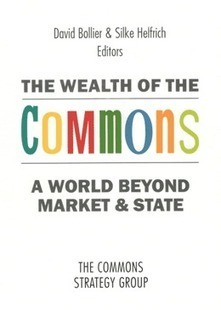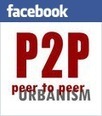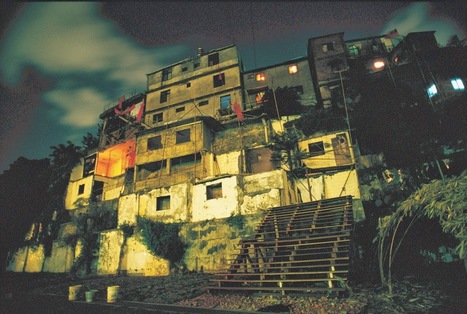After decades of central planning that ignored local conditions and the complex needs of final users, and then tried to do away with the commons for monetary reasons, people have forgotten the principal geometrical, human-scaled patterns that generated our most successful urban spaces throughout history. There has been an important loss of the shared knowledge that once let people build humane environments without much in the way of formal planning.
Research and publish the best content.
Get Started for FREE
Sign up with Facebook Sign up with X
I don't have a Facebook or a X account
Already have an account: Login
on peer-to-peer dynamics in politics, the economy and organizations
Curated by
jean lievens
 Your new post is loading... Your new post is loading...
|
|
















